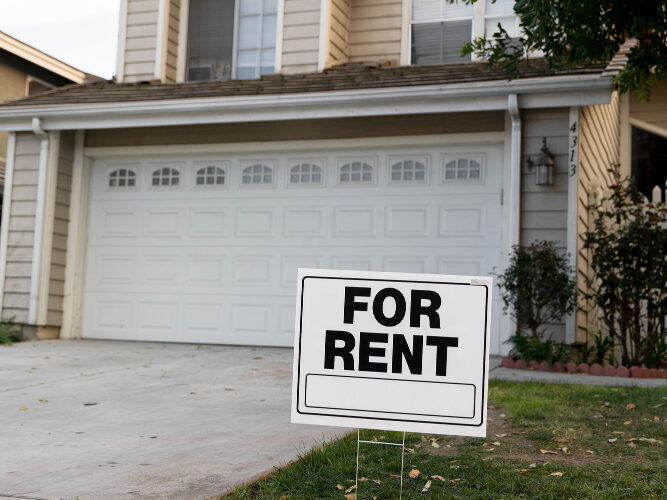Managing rental properties is one of the best ways to accumulate wealth. You can collect rental income, often well in excess of your expenses, and simultaneously benefit from rising property prices. If you play your cards right, you could end up with an entire portfolio of properties generating passive income on your behalf while the value of your portfolio keeps climbing higher.
The catch is that managing rental properties can take a lot of time and demand significant effort.
Over the course of a few months, you might have to fix multiple broken things, deal with tenants who don’t pay rent, manage an eviction, and figure out a way to market your vacant properties. There will certainly be some stretches where you don’t have to do much, but there will also be stretches where it feels like you’re constantly pulled in different directions.
How do you spend less time managing your rental property so you can spend more time doing what you want to do?
Hire a Property Manager
A Houston property management company could be the solution to (nearly) all your problems. In an arrangement with a property management company, you’ll pay a fixed percentage of your gross rental income in exchange for the management company handling nearly all responsibilities associated with that property. They’ll be the ones following up with tenants on rent payments. They’ll be the ones coordinating maintenance and repairs. They’ll be the ones taking phone calls past midnight when there’s an emergency at the property.
Yes, this is going to eat into your profitability slightly. But it has the potential to eliminate all but a handful of responsibilities associated with you as a landlord.
Other Strategies for Success
If you don’t like the idea of hiring a property management company or an individual property manager to help you take on some of the responsibilities of the property, these are strategies that can help you reduce your workload in other ways.
- Choose a newer, better house. When choosing new properties to add to your portfolio, lean toward properties that are newer and in better shape. The older the property is, and the worse it’s been cared for over the years, the more maintenance issues it’s likely to suffer. Newer, better houses are often more expensive, but they’re far less time-consuming to manage.
- Fix up everything you can before renting. After buying a property or after losing a tenant, spend some time fixing up everything you can before renting it. This way, you’ll have fewer unexpected issues when the tenant moves in and begins to explore the property. Proactive effort is almost always worth it in the rental property management game.
- Screen your tenants carefully. The tenant screening process is designed to help you find tenants who can reasonably and reliably afford rent – but it’s also a great way to screen out people who might damage your property or cause more issues at your property. Be very careful not to take any actions that might be interpreted as discriminatory, but definitely feel free to turn tenants away if you have an objective reason to suspect they might be a problem.
- Invest in low-maintenance landscaping. Whenever possible, invest in landscaping that’s designed to be low maintenance. Some plants and landscaping features demand much more time and attention than others.
- Practice proactive maintenance. It’s a good idea to practice proactive maintenance rather than waiting for things to break. At least a few times a year, you should visit the property, conduct an inspection, and take care of any standing items that need to be addressed. This can help you avoid catastrophic failures and emergency situations.
- Pay for quality. Whenever practicing maintenance, committing repairs, installing new things, or upgrading the property, you should consider spending a bit more for higher quality materials and products. Again, this might compromise your profitability slightly, but you’re going to end up with much better materials and products on the property.
- Work with contractors you trust. Similarly, you should only work with contractors you genuinely trust. This way, you can count on the work being solid. If you don’t have a network of contractors you trust, now is the time to start building one.
- Use automated alerts and follow-ups. Automation in all its forms has the potential to save you time, so use it however you can.
- People sometimes claim that managing rental properties is a passive income generation strategy, but this isn’t necessarily true. Rental properties can and do take a lot of work, so if you want them to be truly passive income sources, you’ll need the help of a property manager to do it. Otherwise, the best you can do is employ strategies like the ones we’ve listed so you can minimize the time requirements of your properties.
Featured Image by freepik
